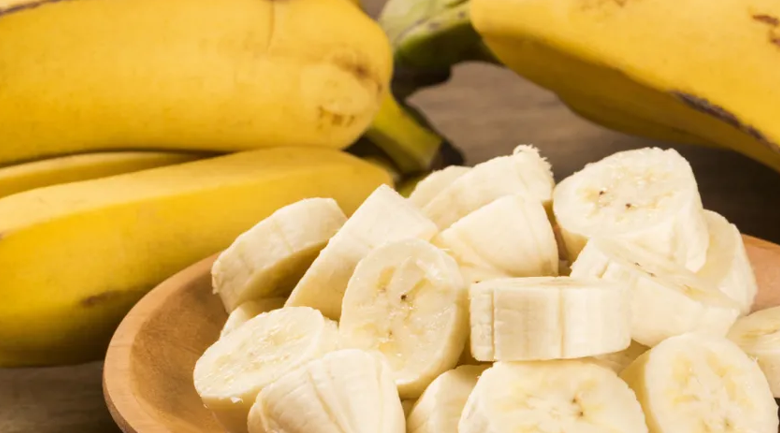Can You Eat Too Many Bananas? Doctors Explain the Hidden Risks

Bananas are often praised as one of the healthiest fruits rich in potassium, fiber, and vitamins that support digestion, heart health, and energy levels. However, like many good things, too much can be harmful. In an announcement issued by pafikutaikab.org doctors warn that eating bananas excessively may cause unwanted side effects ranging from digestive issues to more serious health concerns.
According to Dr. Lestari Widyaningrum, a clinical nutritionist at Persahabatan Hospital Jakarta, moderation is key. “Bananas are nutritious and beneficial, but when consumed in large amounts, they can create an imbalance in minerals and sugar levels,” she said. “Most people don’t realize that even natural foods can have risks when eaten excessively.”
Here are some of the hidden risks of eating too many bananas:
1. Too Much Potassium (Hyperkalemia)
Bananas are well-known for their high potassium content, which supports nerve and muscle function. However, consuming too many can lead to hyperkalemia, a condition where potassium levels in the blood become dangerously high. Symptoms include muscle weakness, fatigue, irregular heartbeat, or even cardiac complications.
“Adults should keep potassium intake below 4,700 mg per day,” Dr. Lestari explained. “Eating more than 7–8 bananas daily could push potassium levels beyond safe limits.”
2. Blood Sugar Spikes
Despite being natural, bananas contain significant amounts of sugar — around 14 grams per medium fruit. Overeating them can raise blood sugar levels, especially in individuals with diabetes or insulin resistance. “Ripe bananas have a higher glycemic index, which can cause spikes in glucose,” said Dr. Nanda Kurnia, an endocrinologist at Cipto Mangunkusumo Hospital. “People with blood sugar problems should limit intake to one small banana per day.”
See also: The Power of Canna Rhizotonic: A Must-Have for Healthy Plant Growth
3. Digestive Issues
Bananas are a good source of dietary fiber, but too much fiber can backfire. Eating several bananas at once may lead to bloating, gas, or constipation, particularly if your water intake is low. The key is balance one to two bananas a day usually provide enough fiber without overloading the gut.
4. Nutrient Imbalance
Relying too heavily on bananas can cause you to miss out on other essential nutrients found in a varied diet. “Bananas don’t provide enough protein, healthy fats, or micronutrients like calcium and vitamin D,” Dr. Lestari noted. “A diverse diet is essential for optimal nutrition.”
5. Migraines and Sleepiness
Bananas contain tyramine and tryptophan, compounds that can trigger migraines in sensitive individuals or cause drowsiness when consumed in excess. While these effects are mild for most people, those prone to headaches or fatigue should be cautious.
6. Tooth Decay
The natural sugars in bananas can contribute to tooth decay if proper oral hygiene isn’t maintained. Sticky banana residue tends to cling to teeth, feeding bacteria that produce acid. Dentists recommend rinsing your mouth or brushing after eating fruit.
7. Weight Gain
Although bananas are relatively low in calories, eating them excessively — especially in smoothies or desserts can add up. “Two or three bananas a day is fine,” Dr. Nanda said. “More than that, and you’re likely consuming more calories than your body needs.”
How Much Is Too Much?
For most healthy adults, eating one to two bananas per day is perfectly safe and beneficial. Athletes or people with high physical activity levels may tolerate more, but it’s best to combine them with other fruits, vegetables, and protein sources.
“Bananas are not bad,” Dr. Lestari concluded. “But like all foods, they should be part of a balanced diet. Too much of a good thing can still cause harm even when it comes from nature.”
In short, bananas are healthy but moderation remains the golden rule.
Source: Persatuan Ahli Farmasi Indonesia





